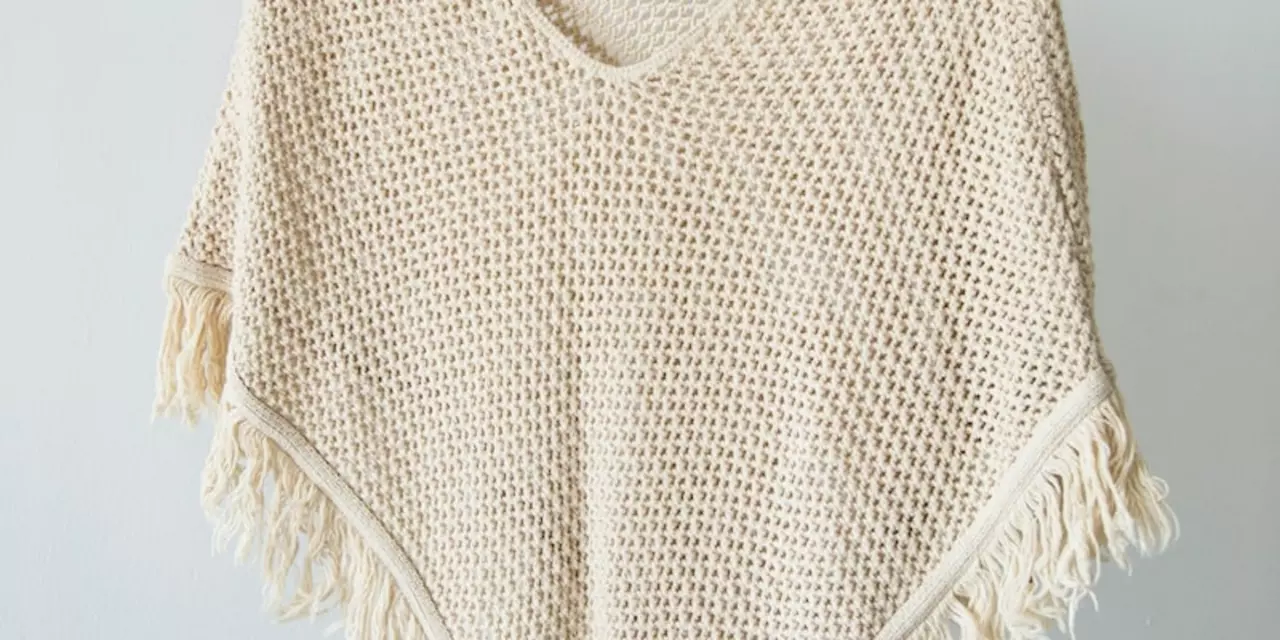Expensive: What Are You Really Paying For?
Why does something cost so much? Sometimes you pay for a label, sometimes it's real quality. Whether it's a pair of designer shoes or that brand-name medication, price tags can mean a lot—or just good marketing. Ever picked up a prescription and wondered why generics cost half as much? Brand-name drugs look fancier, but most work the same way as their plain-packaged cousins. The fancy price is often about research costs and the name itself, not what's inside the pill.
That same logic spills into fashion and even city living. Take shoes, for instance. Premium women's shoes can feel like walking on clouds or just an expensive status symbol. The difference? Real comfort, materials, and long-lasting design do cost money, but not every pair with a swoosh or red sole is worth the extra digits on the receipt. Check if you're paying for real craft or just a hype machine.
The whole ‘expensive = better’ myth doesn’t always add up. It’s tempting to think bigger numbers mean higher quality. When was the last time you bought something cheap that lasted way longer than your luxury buy? Sometimes the best value is hiding in plain sight, quietly doing the job without the show-off packaging.
Switching a pricey drug for its generic cousin saves cash, and often headaches too. If your doctor says it’s cool, why not spend less for the same effect? With fashion, the minimal life is gaining traction. Capsule wardrobes—rocking a tight collection of key pieces—mean you own less but spend more wisely on each thing. Quality over quantity changes everything. You don’t need a closet full of trend items; a few solid staples work harder and keep your wallet happier.
Big-city life throws another curveball. Living costs are no joke—but sometimes that sky-high rent buys you more than a zip code. Think of it as paying for access: late-night eats, subway rides, and job options stacked in your favor. But pay attention to what you’re actually getting, not the buzz.
Sometimes expensive really does buy something special. Maybe it’s patent-pending tech in a painkiller making life smoother for people with allergies, or a handcrafted boot made with ethical labor. But don’t let shiny price tags fool you. Research, compare, and ask around. Real value comes from fit—for your needs, your style, or your health—more than any price tag.
Next time you see that outrageous price tag, ask: what am I actually buying here? Is it craftsmanship, cutting-edge science, or just hype? When you know the answer, you start spending smarter—and suddenly, everything feels a little less expensive.
Do you prefer cheap or expensive clothes?
Posted by Anna Fenton on Feb, 13 2023

This article discusses the difference between cheap and expensive clothes, and the advantages and disadvantages of both. Cheap clothes are widely available and usually have a shorter lifespan, while expensive clothes are of a higher quality and can last for years. It's important to consider both the cost and the quality when buying clothes, as the cheapest option may not always be the best. The article suggests that people should look for quality items in the mid-range price bracket, as these may be the best value for money in the long run. Ultimately, it's up to the individual to decide whether they prefer cheap or expensive clothes.
